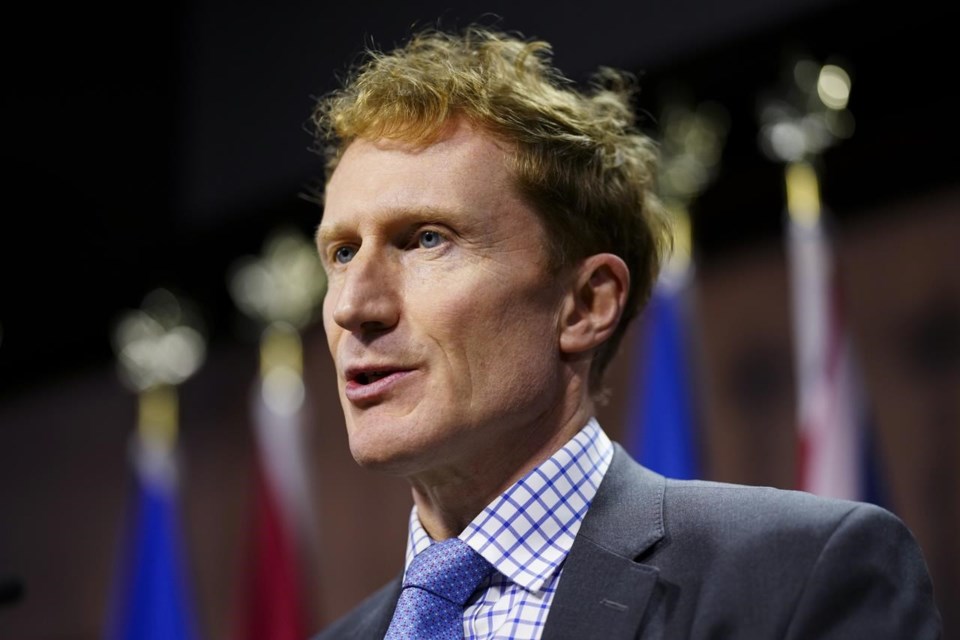Ottawa will require foreigners applying to study in Canada to have double the amount of funds currently required, Immigration Minister Marc Miller said Thursday.
He also threatened to cap visas in provinces that don't help house students or who won't shut down educational institutions that he argues shouldn't be operating.
"There are, in provinces, the diploma equivalent of puppy mills that are just churning out diplomas, and this is not a legitimate student experience," Miller said at a news conference.
"There is fraud and abuse and it needs to end."
Miller said the measures are meant to ensure international students aren't vulnerable to sketchy employers and "unscrupulous" schools that leave them unable to afford life in Canada.
"Clearly, we have become a country that has been targeted for abuse and exploitation by some unsavoury actors," he said.
Starting next year, prospective students will need to show they have access to $20,635 instead of the $10,000 requirement that has been in place for two decades, in addition to paying travel and tuition. The amount will be adjusted yearly based on a Statistics Canada benchmark for living costs.
For years, critics have argued that some colleges are providing foreigners with an inadequate education, while giving them a chance to get a visa to work in Canada and to eventually immigrate.
The issue has attracted close scrutiny as an uptick in international students has coincided with a housing shortage. Media have reported on students scraping by in exploitative jobs.
"It would be a mistake to blame international students for the housing crisis. But it also be a mistake to invite them to come to Canada with no support, including how to put a roof over their heads," Miller said.
"It's why we expect learning institutions to only accept a number of (international) students that they're able to provide for — able to house, or assist in finding off-campus housing."
Miller said there will need to be more conversations with provinces before any visa caps are introduced.
"Enough is enough. If provinces and territories cannot do this, we will do it for them, and they will not like the bluntness of the instruments that we use," he said.
"We could potentially miss the mark. Provinces have a number of tools at their disposal — namely the regulation of the designated learning institutions, that in some cases just need actually to be shut down."
The Liberals are also ramping down a policy that lengthened the time graduating international students could work in Canada without an employment visa.
Miller says Ottawa is reviewing how many hours students should be allowed to work in Canada, saying that capping it to 20 hours a week would be "on the draconian end of the spectrum" but allowing 40 working hours per week would give people reason to come to Canada and not focus on their studies.
The advocacy group Migrant Students United urged Ottawa to come up with clear rules.
"Federal immigration policy is a roller-coaster," national organizer Sarom Rho said in a statement.
"We don't need monthly improvisations and chaotic twists that let exploitation and abuse continue. We will continue to speak up for stable, fair rules and permanent residency for all."
Rho added that the increase in funds required to apply for a student visa, as well as recent changes to permanent-residency requirements, will leave students "scrambling."
Immigration, Refugees and Citizenship Canada said in a press release it is considering pilot programs for "underrepresented cohorts of international students" who are unable to study in Canada as a result of the new income requirements.
This report by The Canadian Press was first published Dec. 7, 2023.
Dylan Robertson, The Canadian Press



